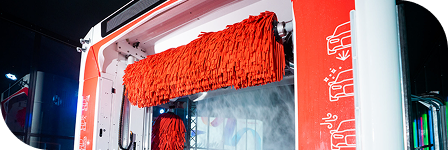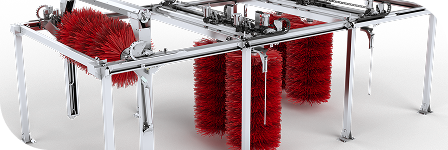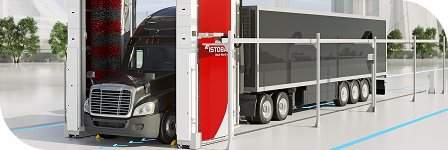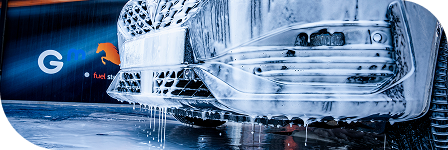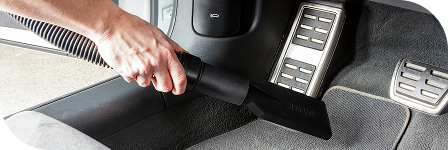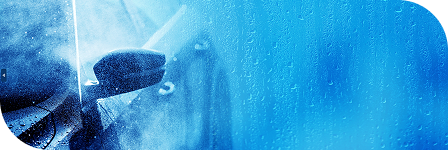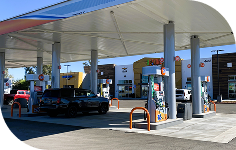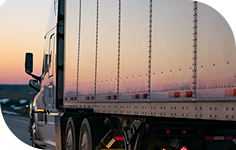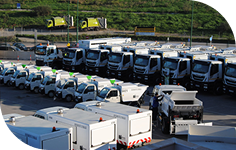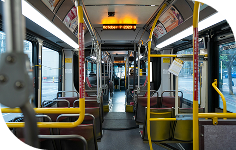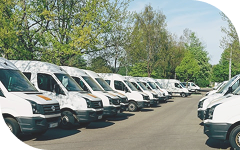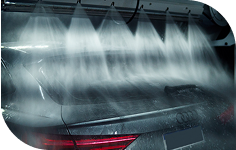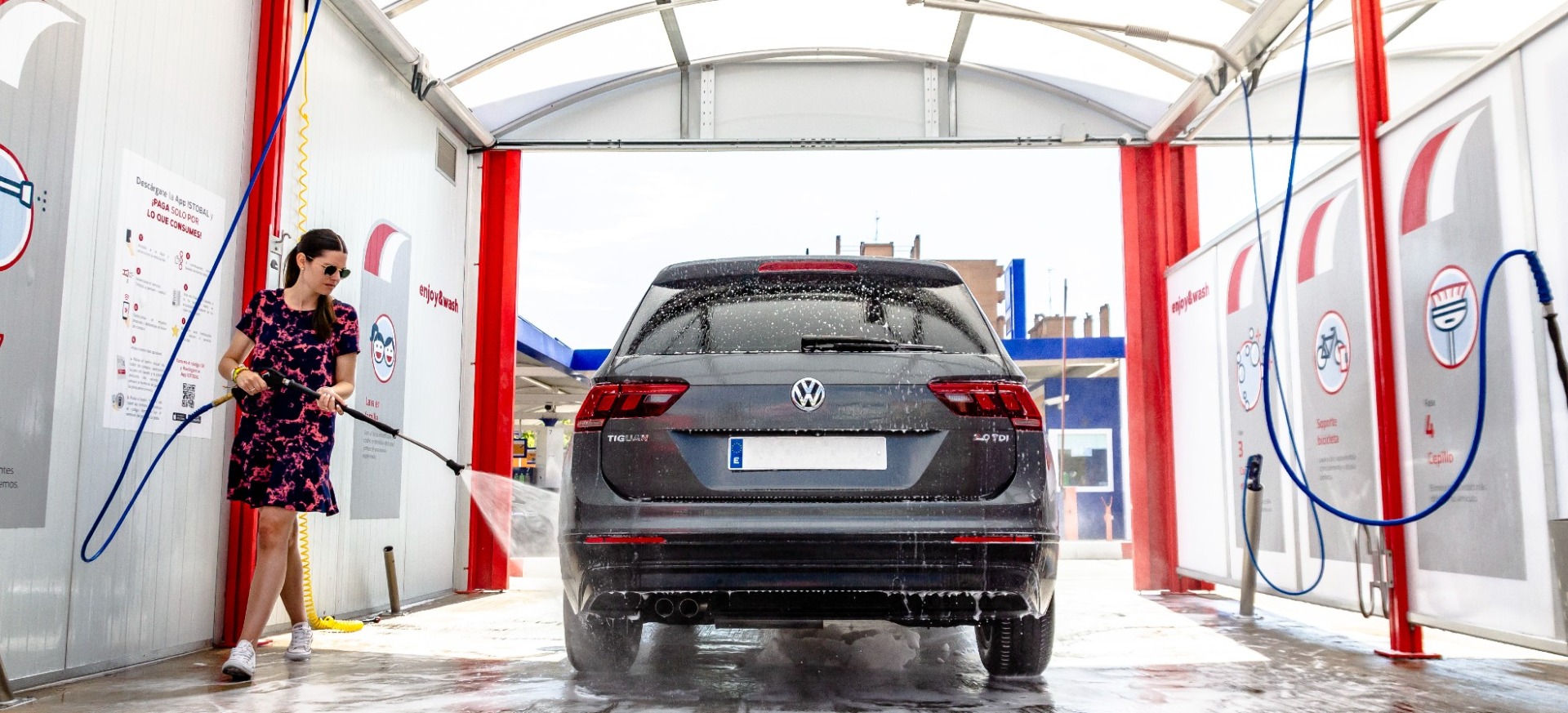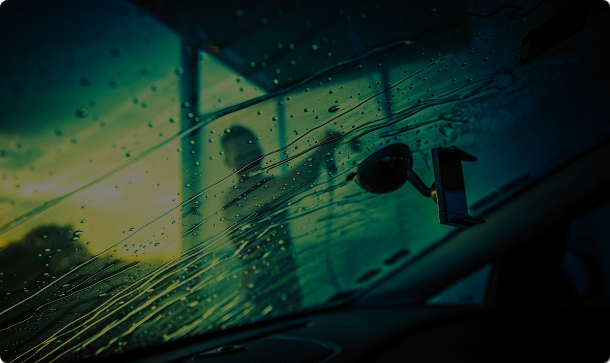For this reason, it is launching a decalogue with ten recommendations and steps to follow in order to clean vehicles properly in summer:
1.- Carry out at least one weekly cleaning to safeguard the vehicle and not compromise driving safety, avoiding washing the car at times of maximum exposure to the sun and high temperatures. On beach days, wash the car more regularly in order to avoid damage to windows, bodywork and upholstery that may be caused by the prolonged presence of saltpetre and sand.
2. Clean the interior of the car first. To do this, shake and vacuum the floor mats, as well as use floor mat washers to prevent bacteria in the car.
After thoroughly vacuuming the interior of the vehicle, clean the upholstery and dashboard with suitable products that protect each type of surface and revive the original colours.
3. Next, clean the exterior of the vehicle, avoiding the use of abrasive cloths and sponges, as well as the removal of dry stains such as insect remains and bird droppings.
4. Before starting the pre-wash, carry out a quick rinse with water to cool the surface of the car if it is very hot.
5. Respect all washing phases (pre-wash, wash, rinse, wax and dry). Pre-wash programmes with pressurised water are essential to soften any dirt so that it can be removed more easily. Even when the vehicle is not very dirty, they are advisable in order to remove all types of oils, dust and organic residues and thus protect the car bodywork and other components. In the case of automatic car washes, a programme with high pressure is recommended in order to first remove the sand before it comes into contact with the brushes. If the automatic machine does not have this option, a quick pre-wash with a high-pressure spray gun in the wash box is recommended before the vehicle is put into the gantry or car wash.
6. Pay special attention to the underside of the vehicle, rims and tyres, where dirt often accumulates, as well as windows, glass, mirrors and the number plate area. The use of brushes in the pressure wash boxes and wheel wash brushes in the automatic wheel wash bridges facilitates the washing of the rims, providing an impeccable result.
7. Clean windscreen wiper blades properly, as they are often damaged by heat. Periodically soak them and use a cloth to remove any substances and make them easier to dry.
8. Use a suitable pre-wash to clean mosquitoes and bird droppings, the residue of which can damage the vehicle's sheet metal. In the case of the pressure washer, it is recommended to focus on the number plate, front window and mirrors, and to brush with active foam after the prewash to more effectively remove mosquitoes and bird droppings adhering to the vehicle.
9. Use waxes to protect the vehicle from UV rays and keep it cleaner for longer.
10. Do not dry the car while it is running to prevent new dirt from sticking to it, and do not leave it to dry in the sun to prevent stains from appearing.
Washing the car in the street is a sanctionable offence
Likewise, ISTOBAL reminds that in various countries it is forbidden to wash the car in the street, and it is a reason for a financial penalty. It recommends, on the other hand, cleaning vehicles in professional facilities as they consume less water than manual cleaning with a hosepipe at home, as well as not polluting the environment.
In this sense, Sonia Royo, Tunnels and Water Treatment Manager at ISTOBAL advises "to wash the vehicle in facilities that have water recycling systems, which in the case of latest generation equipment can recycle up to 100% of the water used in the exterior washing of vehicles and are suitable for Jet wash, maintaining an impeccable wash quality. This promotes sustainability and minimises environmental impact, resulting in excellent wash quality and effectiveness".
Similarly, Sonia Royo recommends pressure Jet wash that incorporate an ozone water system, which achieves optimum washing quality quickly, effectively and sustainably, without the need for hot water and with a reduction in the use of chemicals, among other advantages, facilitating the elimination of mosquitoes and traffic film.

